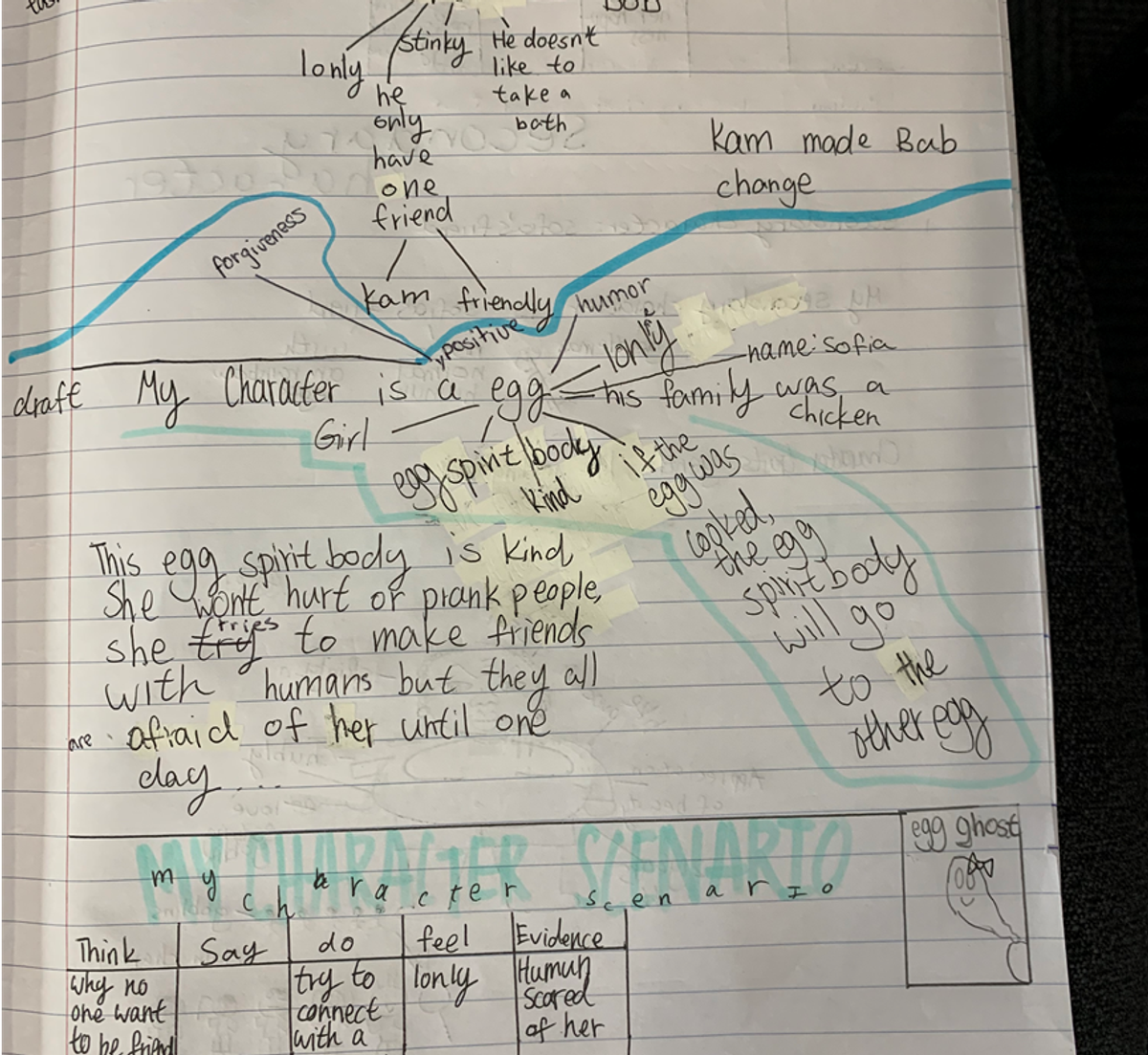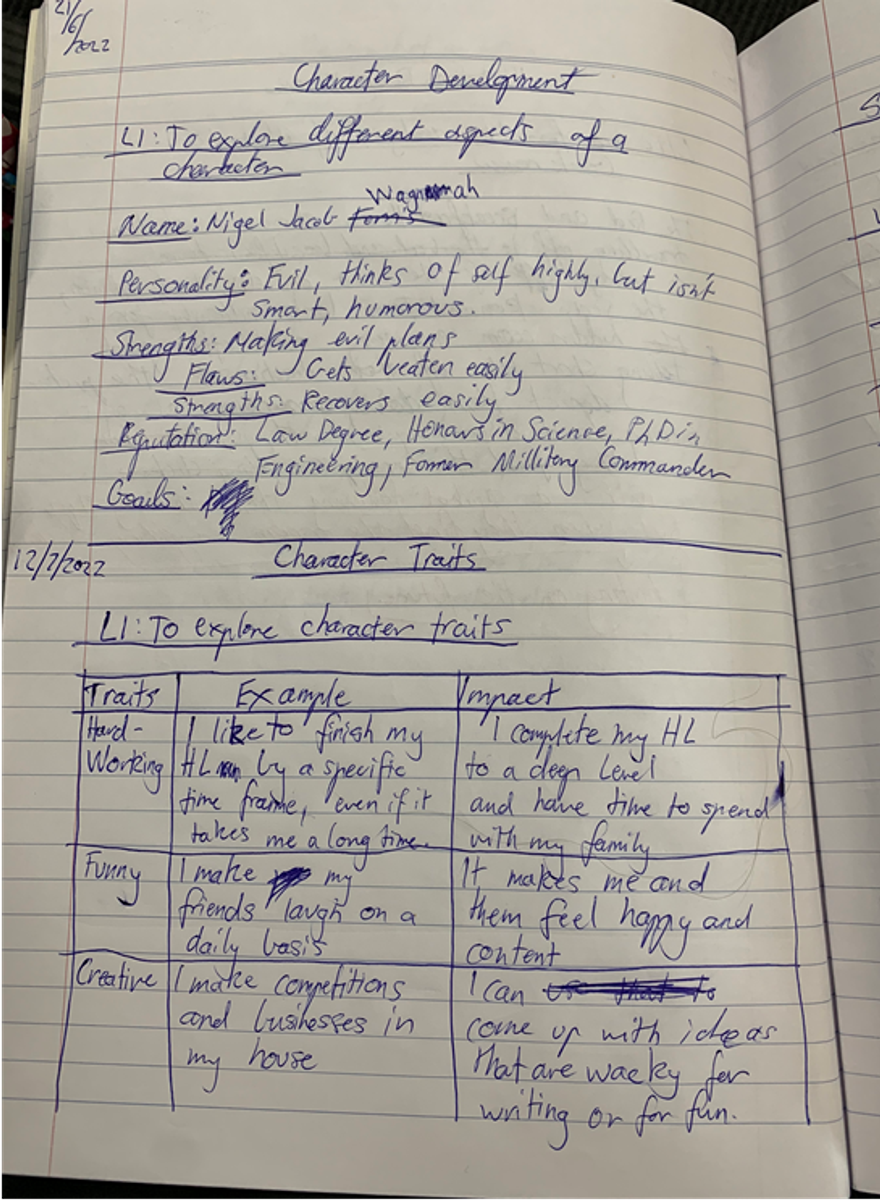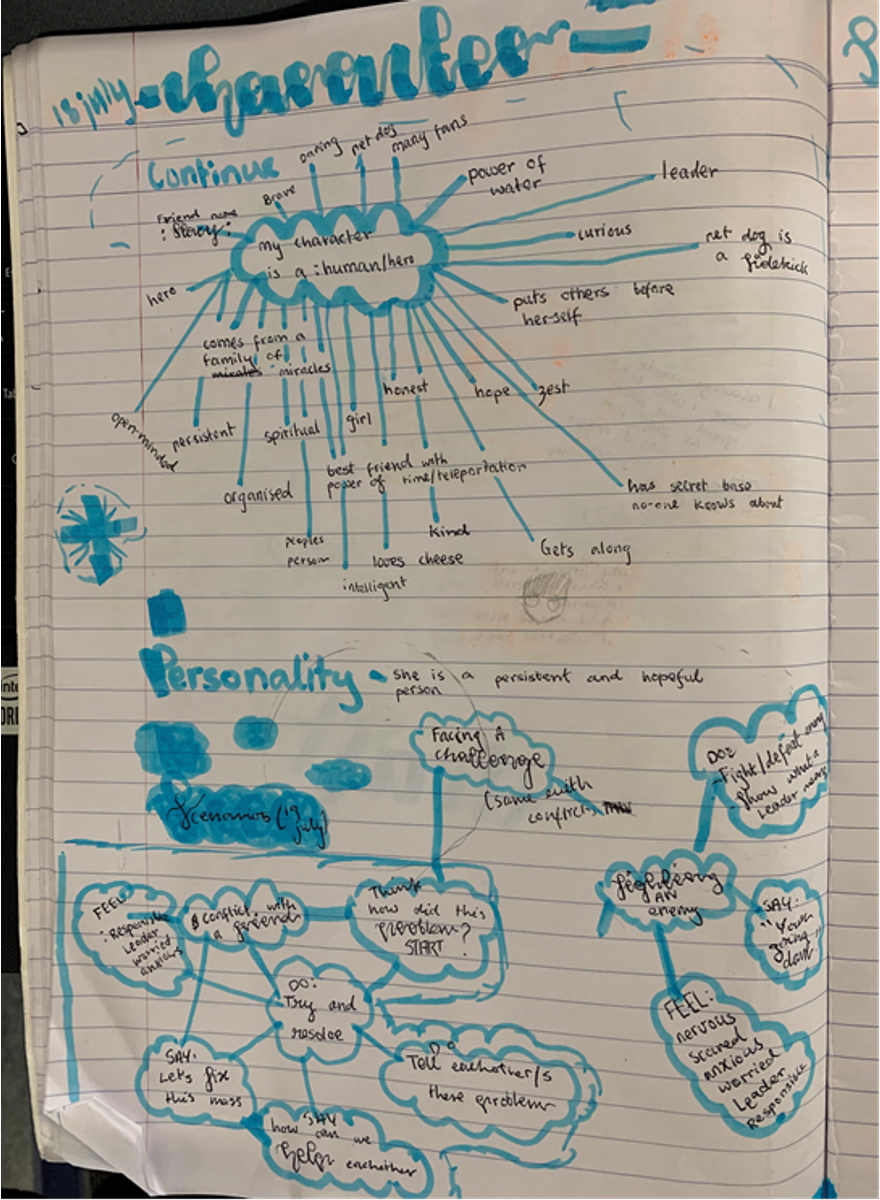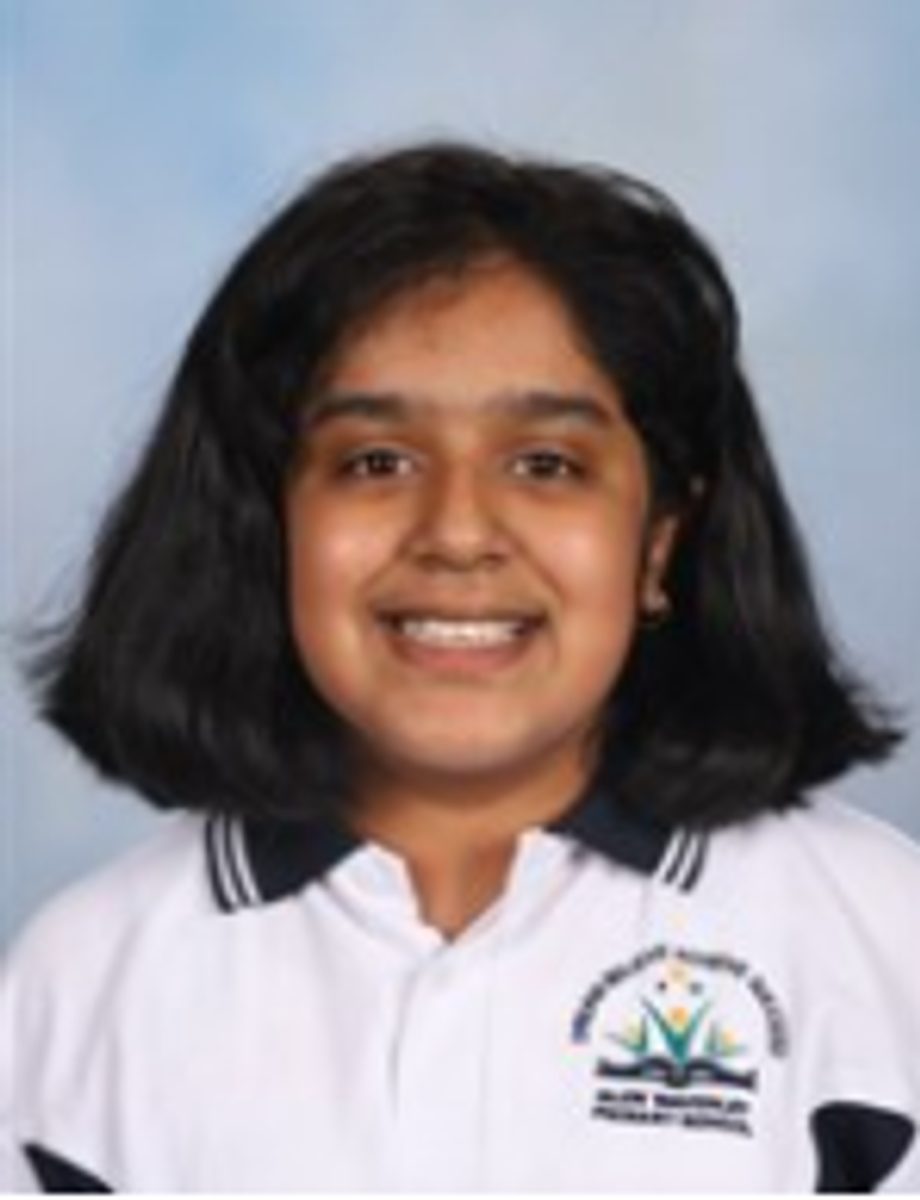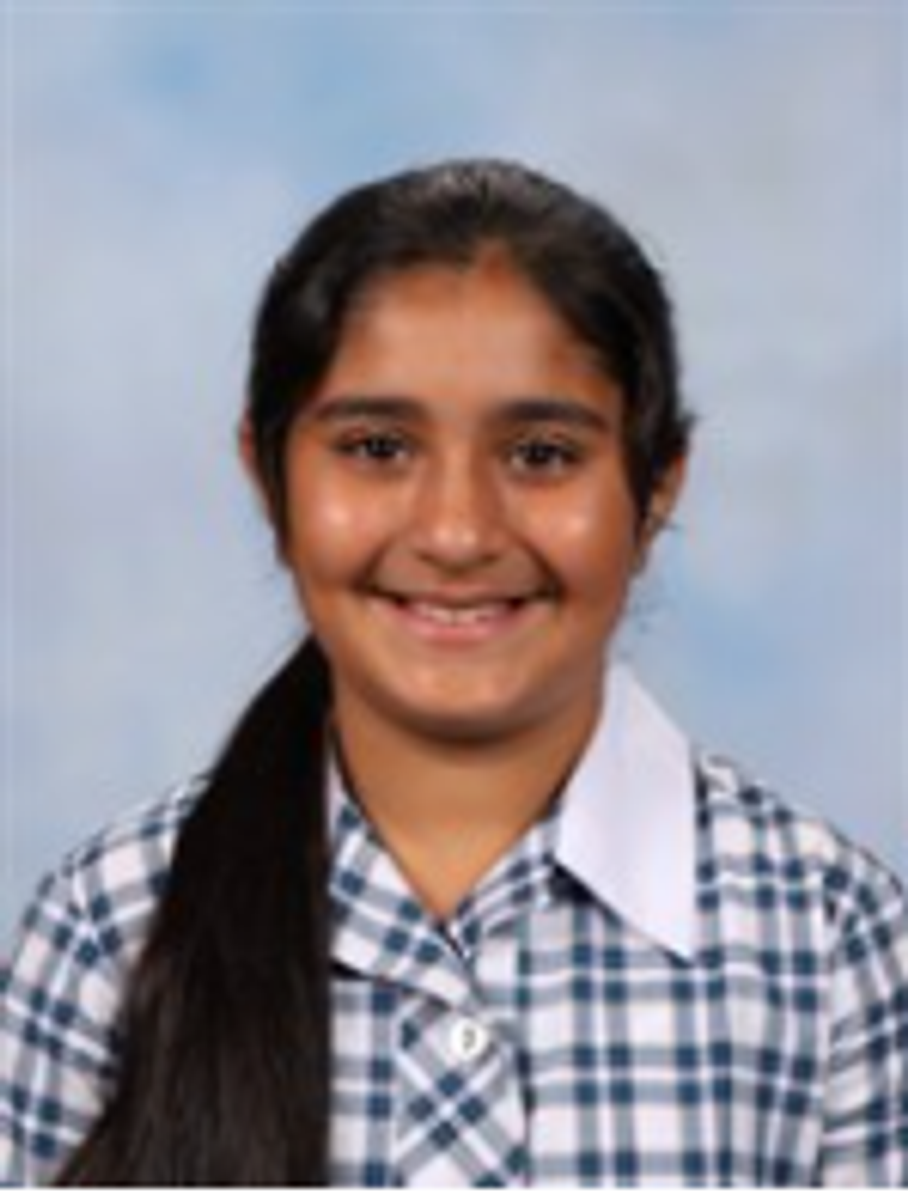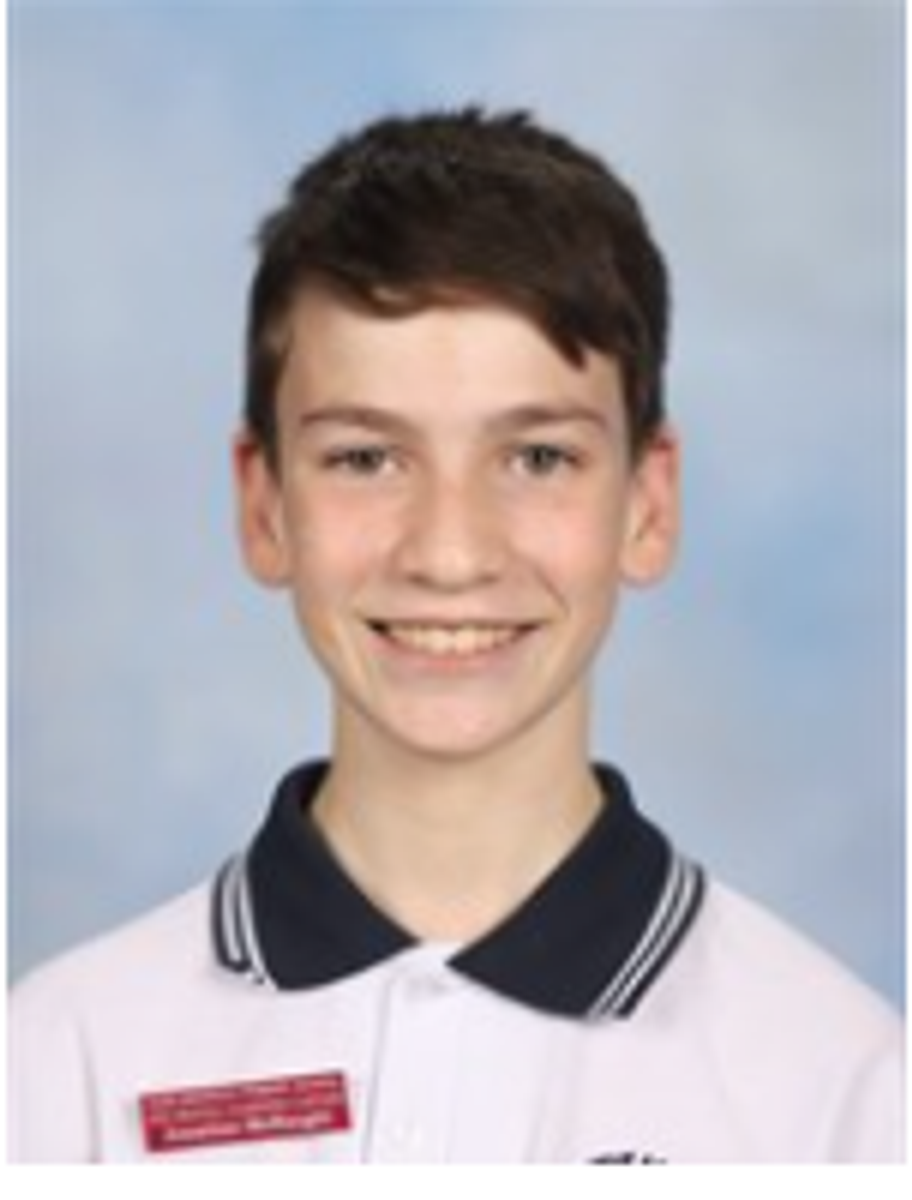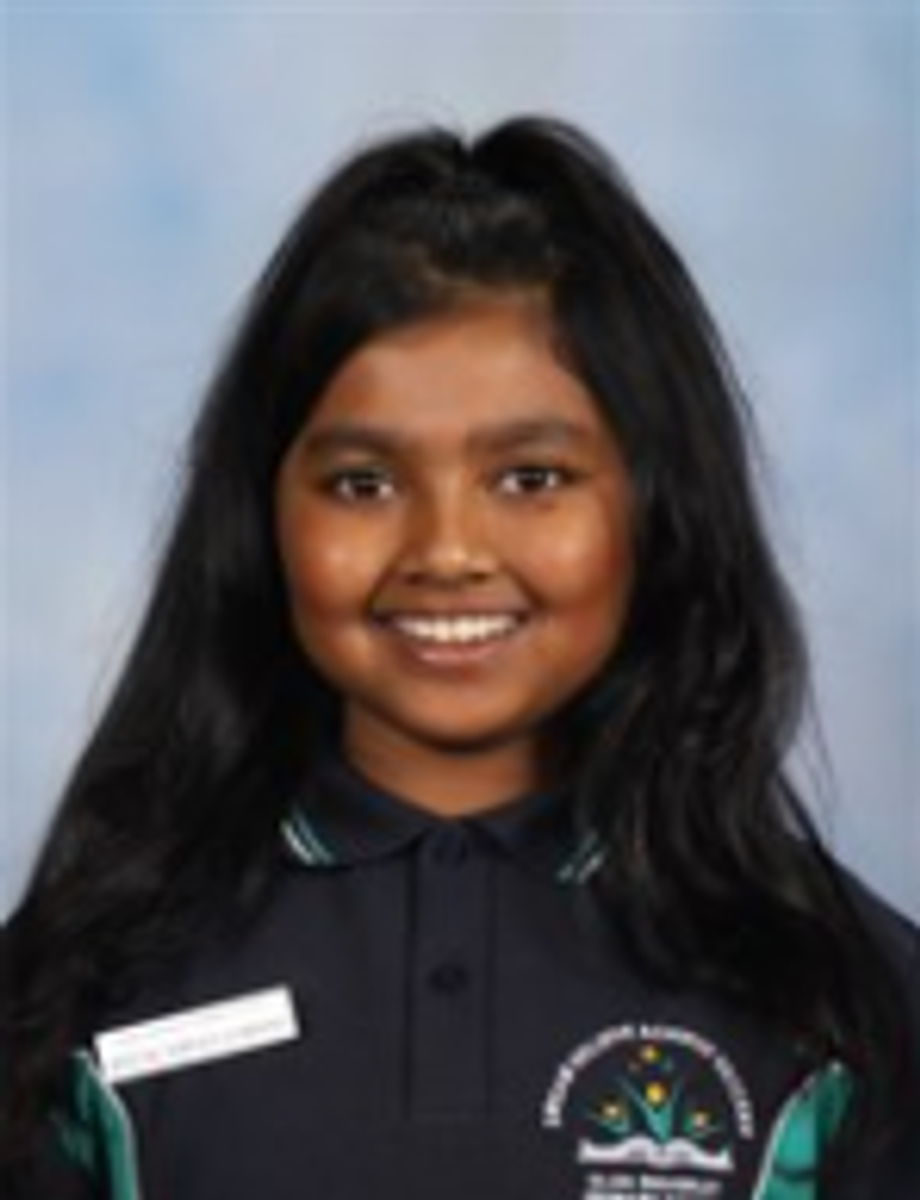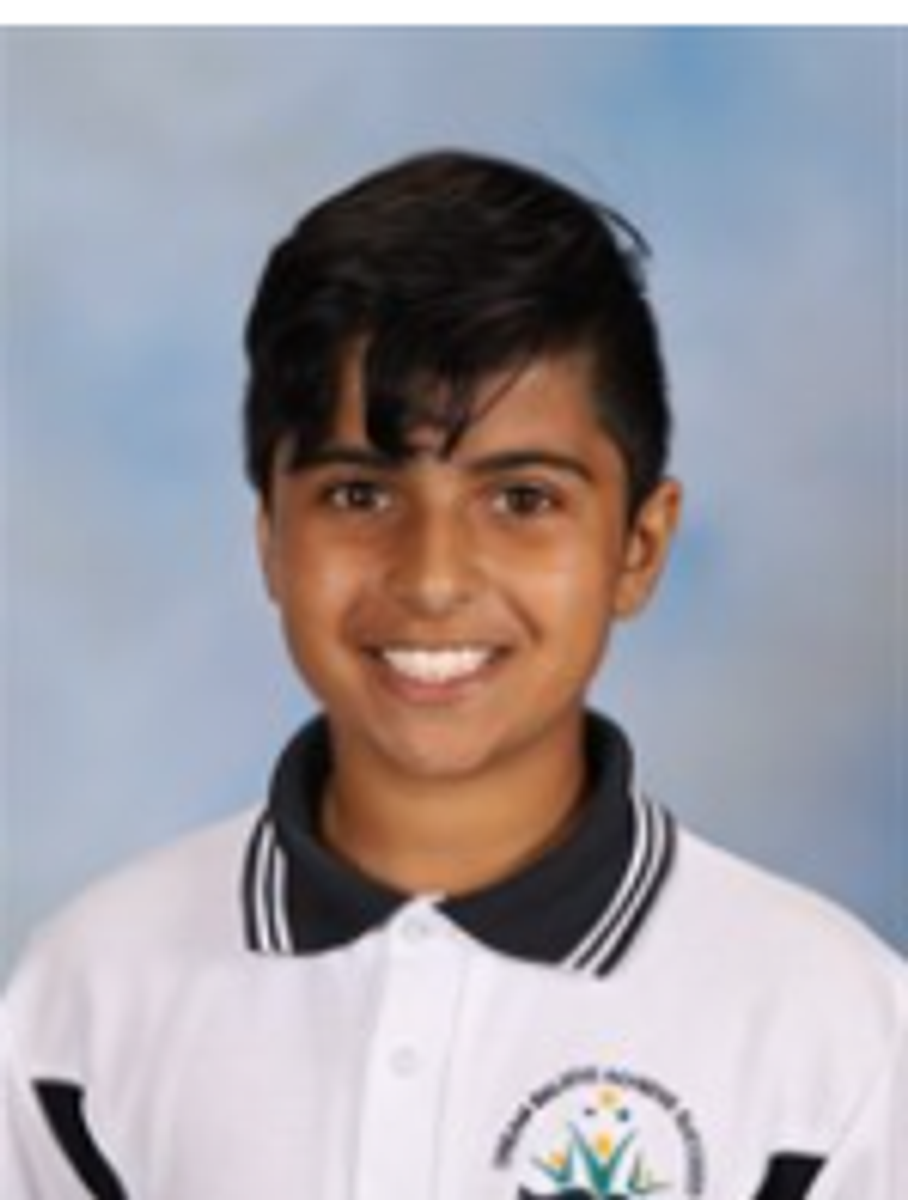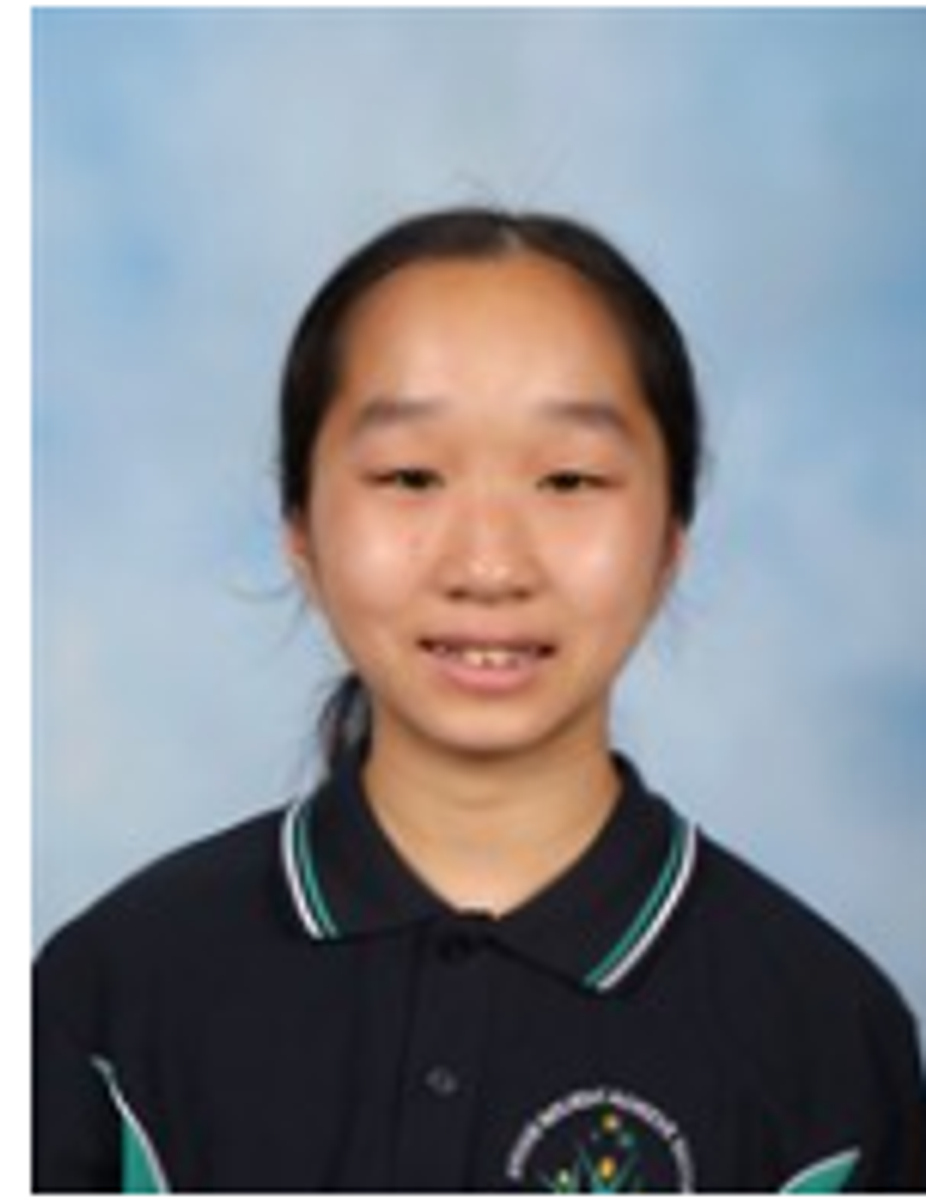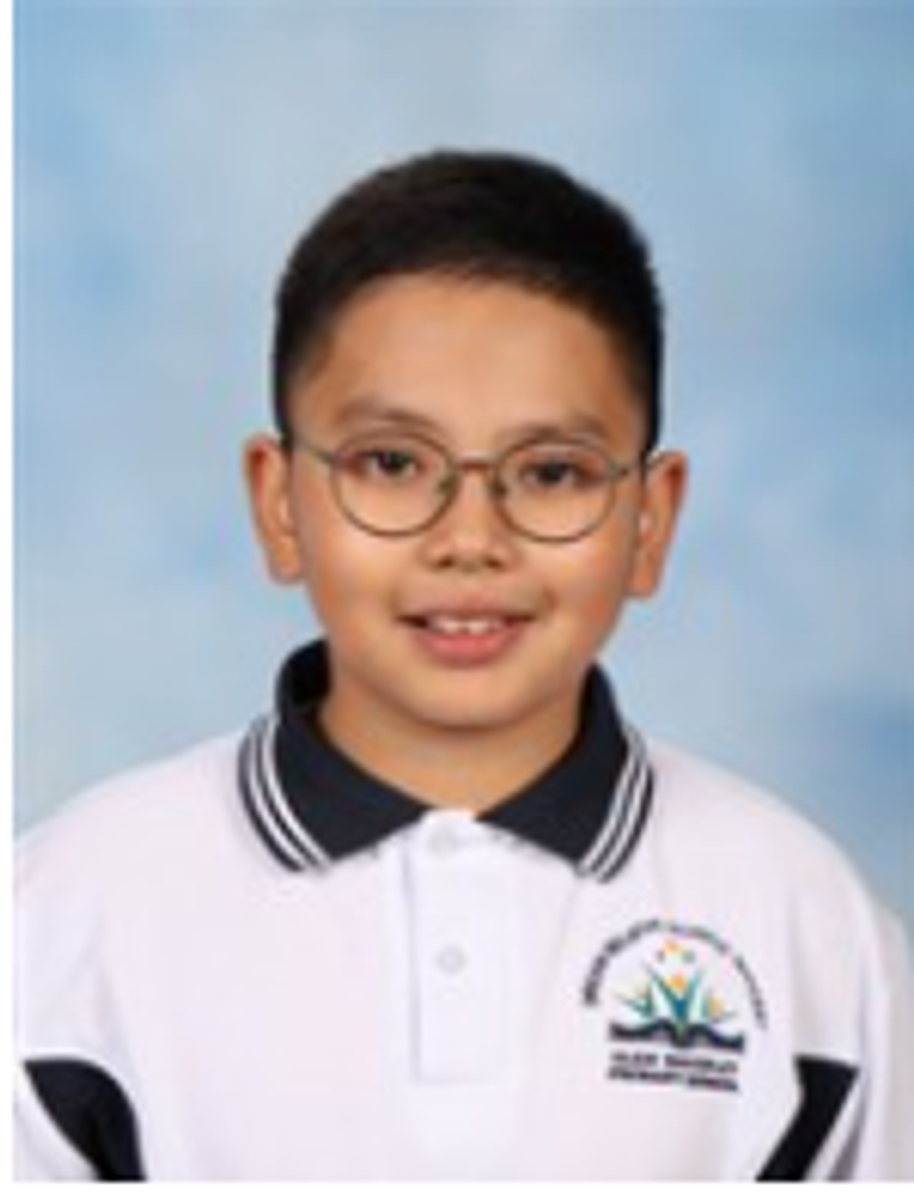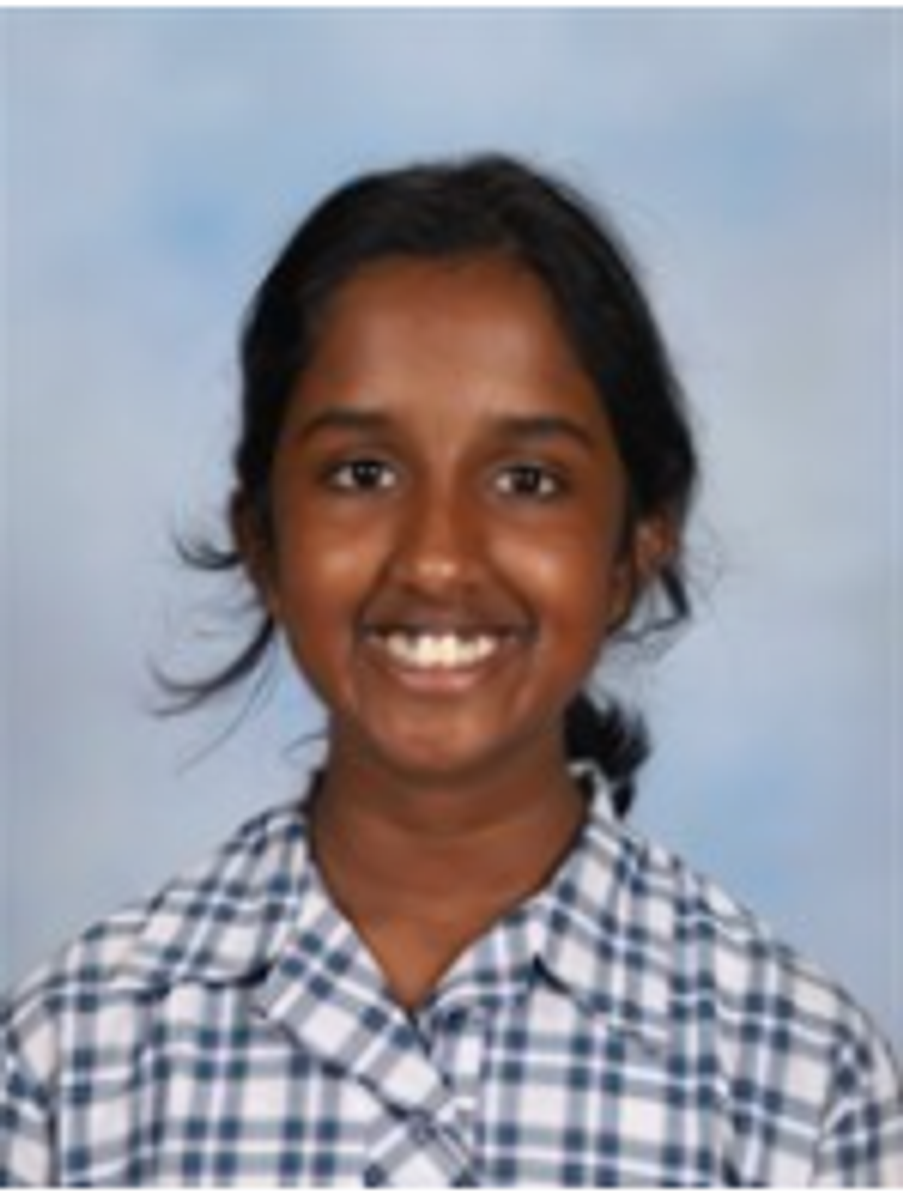Year 6 - Term Three

Welcome back to another exciting term at Glen Waverley Primary School. We hope you had a wonderful holiday break and the students are ready for a productive and enjoyable Term Three.
We have another busy and engaging term ahead of us. Level Six students have already started their learning journey by reflecting on their successes in Semester One through our Student Led Conferences. As a High Performing School and due to the extensive skill set of our students, we loved seeing their strengths shine as they celebrated their learning with their families.
This Term’s YCDI Program will prepare students for milestone events such as School Camp, which is a highlight of the term. Another critical focus is setting up our students as “lifelong students” as they begin to consider transitioning from Primary to Secondary School expectations.
Thank you for your ongoing support, and we look forward to an exciting and eventful Term Three.
The Year Six Team,
Mrs Lauren Anderson (TaLL), Ms Jess Wood (AT), Mr Robert Lou, Ms Angelique Gabriel, Mr Riley Youssef and Mrs Ivana Kresteska
English
In English this term, students are exploring narratives, with a focus on how character development influences a plot. In Reading, we have been analysing what makes a ‘three-dimensional character?’ Students considered who their favourite characters are and what makes them timeless. They have investigated character strengths and weaknesses and how authors develop back stories to create ‘life like’ characters. They have also started to go deeper into their character analysis by understanding how both the main character and secondary characters' thoughts and actions can direct a plot.
In Writing, students have transferred their understanding by creating character mind maps, outlining their fictional character’s personality traits, hobbies, family and friends. Students have explored the relationship between their main character and secondary characters, such as ‘the sidekick or antagonist’ and how different dynamics can influence a plot. They will use their character mind maps to create a narrative showing how their characters thoughts and actions drive the story. Students will also explore how dialogue is used to reveal information about a character both directly and indirectly.
We will continue to implement the whole school CAFÉ and VOICES approaches in Literacy where the students will deepen their understanding of reader and author strategies through-out term.
If you wish to support your child’s English learning at home this term, you can:
- Encourage your child to read regularly and ask your child to describe why the characters or plot are engaging.
- Discuss books or movies and ask your child to explain the characters' personalities and possible reasons for their actions.
- Motivate your child to participate in the Victorian Premier’s Reading Challenge.
Mathematics
In Mathematics, we have had a rich focus on Number and Algebra, in particular, Fractions, Decimals and Real Numbers. Students are utilising a range of concrete, pictorial and abstract strategies for representing part numbers. They have strengthened their understanding of how to perform the four operations in open-ended problems involving fractions and decimals. Students will also have the opportunity to transfer their understanding of fractions and decimals when investigating Money and Financial Mathematics. Students will explore concepts such as, unit price and ‘best buys’, budgets and interest. With a strong focus on Student Voice and Agency, students will have the opportunity to plan and decide how to spend a portion of the Level Six Camp budget, leading up to the event.
During the latter part of the term, the learning will shift into Statistics and Probability, where students will extend their understanding of Chance. To ensure that the learning is purposeful and engaging, students will explore the role that probability plays within authentic events, such as games and chance experiments. The Chance unit also serves as a wonderful opportunity for students to transfer their knowledge of fractions, decimals, percentages and ratios to a different learning context. This understanding of part numbers will enable them to mathematically quantify and describe the probabilities involved in chance experiments, board games and surveys.
Mathematics learning will be facilitated through our Whole School Approach, the four SURF proficiencies of Problem Solving, Understanding, Reasoning and Fluency. The strategies that underpin each proficiency will be at the forefront of any learning that occurs and will continue to serve as the foundation of the learner's personalised Mathematics goals.
To support your child’s learning at home in Mathematics this term, you may wish to:
- Strengthen your child’s capacity to simplify and find equivalent fractions, by building their fluency in division (calculating factors of a number) and multiplication (finding multiples of a number).
- Involve your child in grocery shopping, settling bills, household budgeting and the like, so they gain an insight into the real-life applications of Financial Mathematics.
Our students’ reflections on their Mathematics learning so far…
“I really enjoyed learning about fractions and using them when problem solving. We used the four operations and focused on multiplying and dividing fractions.” Aditi 6A
“During Maths, I like that we have a base topic and then we cover different areas on how to use it. For example, we are learning fractions but also exploring ratios which is a different way you can represent a fraction.” Gauri 6A
“I like that lots of the tasks were collaborative so that you could get support from others and learn multiple strategies. I made a connection that you can represent a fraction as a decimal and a percentage.” Jonathan 6A
Inquiry
During Term Three, students will investigate the question: “How are Viewpoints Influenced by Digital Technologies?” Focusing on the Media Arts, Digital Technologies and Intercultural Capability curriculum areas, students will explore how media elements can be manipulated to portray a range of perspectives. Under the lens of Global Goal 10: “Reduced Inequalities”, students will identify inequalities around the world, and examine their portrayal through media and digital platforms. Students will use their understanding of the aforementioned curriculum areas to create a media artform with the intention of sharing a specific point of view. They will experiment with the media elements and examples they have analysed throughout the unit in order to execute this effectively.
What our students are saying about our Term 3 Inquiry unit:
“I like that this is very different and we can explore new things.” - Imansa
“I’m interested in making my own media artform.”- Ravindu
“I’m looking forward to making my own media artform that will include all the media elements I’ve learnt about.”- Helen
To support your child in this unit, you may find the following tasks beneficial:
- When watching a movie ask your child how the lighting or music affect the audience’s emotions.
- When watching movies or the news together, discuss with your child how specific viewpoints are shown. Or discuss with them which viewpoints are not shown.
- Borrow books, research websites or watch news reports about current affairs and global issues.
You Can Do It (YCDI)
During YCDI in Term Three, there will be an emphasis on developing students’ organisational skills. With secondary school fast approaching, we want to ensure all of our Level Six students are equipped with the skills required for them to succeed next year and beyond. Students will focus on improving their time-management skills, and will be exposed to a number of useful strategies such as weekly planners, to-do lists and diaries. Students will also strengthen their confidence skills, focusing on public speaking and interacting with new people.
As the term progresses, YCDI learning will become centred around preparation for Camp ADANAC. Students will deepen their understanding of the skills and knowledge needed to have a positive experience on camp. The focus will be on enhancing skills such as initiative, getting along, independence, leadership, and many more. All students will be given the opportunity to further refine these interpersonal skills while participating in Level Six Sport.
What our students want to focus on during YCDI:
“There are a lot of skills that I can take to camp. Here is the FULL list of skills that I thought about: Persistence, cooperation and teamwork, self-regulation, confidence, self-control and respect. These skills will benefit you while staying at Camp ADANAC. Fun Fact: Did you know that ADANAC spelt backwards is Canada?” Kalel 6B
“I would like to focus more on risk taking because in camp I think that there are many tough obstacles and I feel like those tough obstacles require some risk taking. If I can dig deeper in risk taking then those strategies can help me during camp and I will be more confident.” Theenu 6B
To support your child’s YCDI learning at home, here are some suggestions:
- Discuss with your child what they’re looking forward to at camp.
- Ask your child how they could challenge themselves at camp.
- Discuss with your child if they have any nerves about challenging themselves on camp

